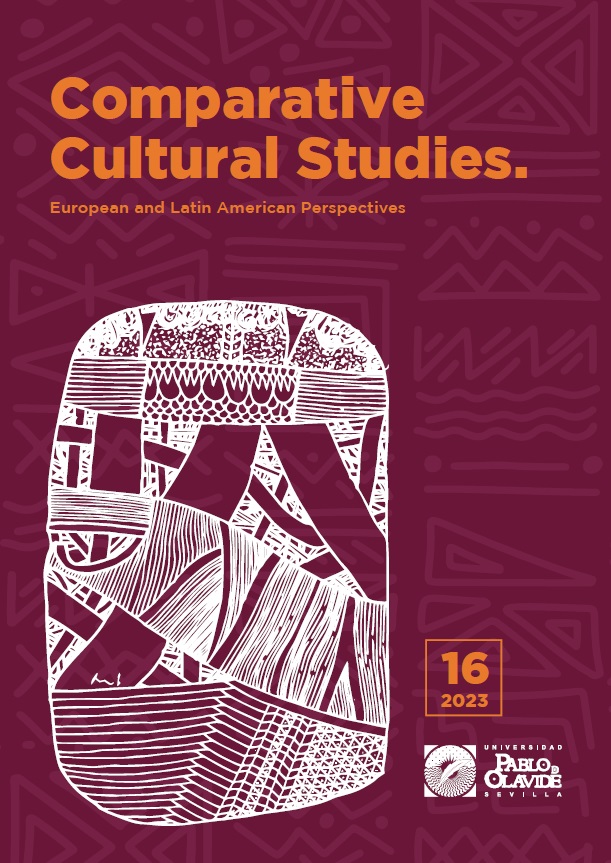The musical comicaly of Chiquinha Gonzaga and its resonance with the singing clowns of Brazil
DOI:
https://doi.org/10.46661/ccselap-14294Keywords:
Maxixe, musical comicality, circus-theater, singing clowns, urban popular cultureAbstract
The present study had as intent the discussion of the possible relations between the musical repertoire of Chiquinha Gonzaga and the musicality explored by musical clowns. It is known that, by the ending of the 19th century and beginning of the 20th century, Brazil lived within a context of evident multiplicities and emancipatory political processes – abolitionism and the Proclamation of the Republic, for example. Despite the hegemonic expectations of the Brazilian political scenario, the counter-scene of the marginal movements evidenced popular artists, clowns, and “sidewalk poets”. In this context, Chiquinha Gonzaga emerges as one of the most representative voices of the national art. As a means of methodology, the crossing of existing documental data in the biography of Chiquinha Gonzaga and in research books on themes such as clownery and Brazilian circus proceeded. It was concluded that Chiquinha Gonzaga’s contribution, as a woman of the maxixe musical genre, reflected as musical comicality, fixed and vastly divulged by the singing clowns in circuses, in circus-theaters and in the growing phonographic industry.
Downloads
References
Abreu, M. (2017). Da senzala ao palco: Canções escravas e racismo nas Américas, 1870-1930. Campinas: Editora da UNICAMP. https://doi.org/10.7476/9788526813960
Bakhtin, M. (1981). Problemas da poética de Dostoiévski (P. Bezerra, Trad.). Rio de Janeiro: Forense Universitária.
Bakhtin, M. (1993). A cultura popular na Idade Média e no Renascimento: o contexto de François Rabelais (Y. F. Vieira. Trad.). São Paulo: Hucitec. Brasília Editora da Universidade de Brasília.
Chiquinha Gonzaga. (2022). Recuperado de: https://chiquinhagonzaga.com/wp/
Diniz, E. (2009). Chiquinha Gonzaga: Uma história de vida (2a ed. rev. e atual.). Rio de Janeiro: Zahar.
Discografia Brasileira. (2021). Eduardo das Neves. Recuperado de https://discografiabrasileira.com.br/artista/71/eduardo-das- soneves
Magalhães, M. R. A. (2019). Chiquinha Gonzaga: De outsider ao reconhecimento perante o domínio masculino (Tese de Doutorado). Programa de Pós-Graduação em Ciências Sociais, Instituto de Ciências Humanas, Universidade Federal de Juiz de Fora, Juiz de Fora, MG, Brasil.
Silva, E. (2007). Circo-teatro: Benjamim de Oliveira e a teatralidade circense no Brasil. São Paulo: Altana.
Silva, E., & Melo Filho, C. A. (2014). Palhaços excêntricos musicais. Rio de Janeiro: Grupo Off-Sina.
Tinhorão, J. R. (1976). Os sons que vêm da rua. Rio de Janeiro: Editora 34.
Tinhorão, J. R. (1991). Pequena história da música popular: Da modinha à lambada (6a ed.). São Paulo: Art Editora.
Downloads
Published
How to Cite
Issue
Section
License
Copyright (c) 2023 Caísa Tibúrcio

This work is licensed under a Creative Commons Attribution 4.0 International License.
This licence allows third parties to share (copy and redistribute the material in any medium or format) and adapt (remix, transform and create from the material for any purpose, including commercial purposes), provided that authorship and first publication in this journal (The Journal, DOI of the work) is acknowledged, a link to the licence is provided, and it is stated whether changes have been made to the work.







